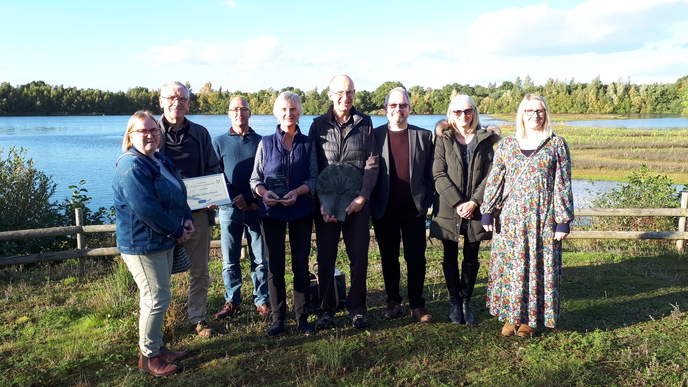On roads up and down the country, electric vehicles are slowly taking over. The first consumer EVs that could compete with the major manufacturers went on sale a decade ago, and now the market has reached a tipping point. More people than ever are making the switch to an electric vehicle, but before you make the jump yourself there are a few things you should know.
Investment Upfront but Cheaper Over Time
People are considering making the switch to an electric car now more than ever, and the running costs are the primary reason for the sudden uptake in interest. The vehicles have been on the market for some time, but they were always more expensive to buy than their petrol-powered counterparts. The huge increase in the prices at the pumps has made the initial investment worthwhile, and the extra cost pays for itself even more quickly.
Not All Chargers Are the Same
Home charging, supercharging, trickle charging; filling up your battery is a little more complicated than filling up your tank. Thankfully,
LV Electrix have this charging guide that can help you see through the jargon and get a better idea of how long charging an EV can take. It all depends on your battery specs and the charger you are using. Home chargers are great for overnight charging, but you will need to use other options out on the road and on long trips. Be prepared to learn.
Change Your Car, Change Your Driving
You can save even more money and increase your range by changing your driving style. EVs have some amazing in-built systems that can recover energy and reuse it to power your car. Braking is the biggest source of this recovered energy, and by relying on the car to slow itself down you can recoup megawatts of power that you used to accelerate. These regenerative braking systems can take a little getting used to, but once you start to harness their power you will immediately notice the difference they can make. They can extend your range by a significant amount on just about any drive.
Different EVs Have Different Abilities
Not all EVs are the same. Smaller and cheaper models rely on their lightweight and compact battery to give you a decent daily range that is perfect for commuting. Longer trips require a bigger electric vehicle with a bigger
EV battery. You can make a long trip in a small electric vehicle but expect to make a lot of charging stops, adding hours to your travelling time. For the two-car family that wants to make the EV switch, consider getting a small electric runabout for school runs and shopping trips, and a larger, more capable EV for road trips and holidays.
Plan and Prepare Longer Trips
Driving an EV does take more planning and preparation than an oil-fuelled machine. There are areas of the country with shockingly few chargers and not many plans to install more. This can cause problems if you do not investigate an area before travelling there.
Plan trips carefully, and make sure the infrastructure you need is there to support you.
The advantages of electric vehicles make it clear that they will be the preferred form of transportation for most families in the near future.











